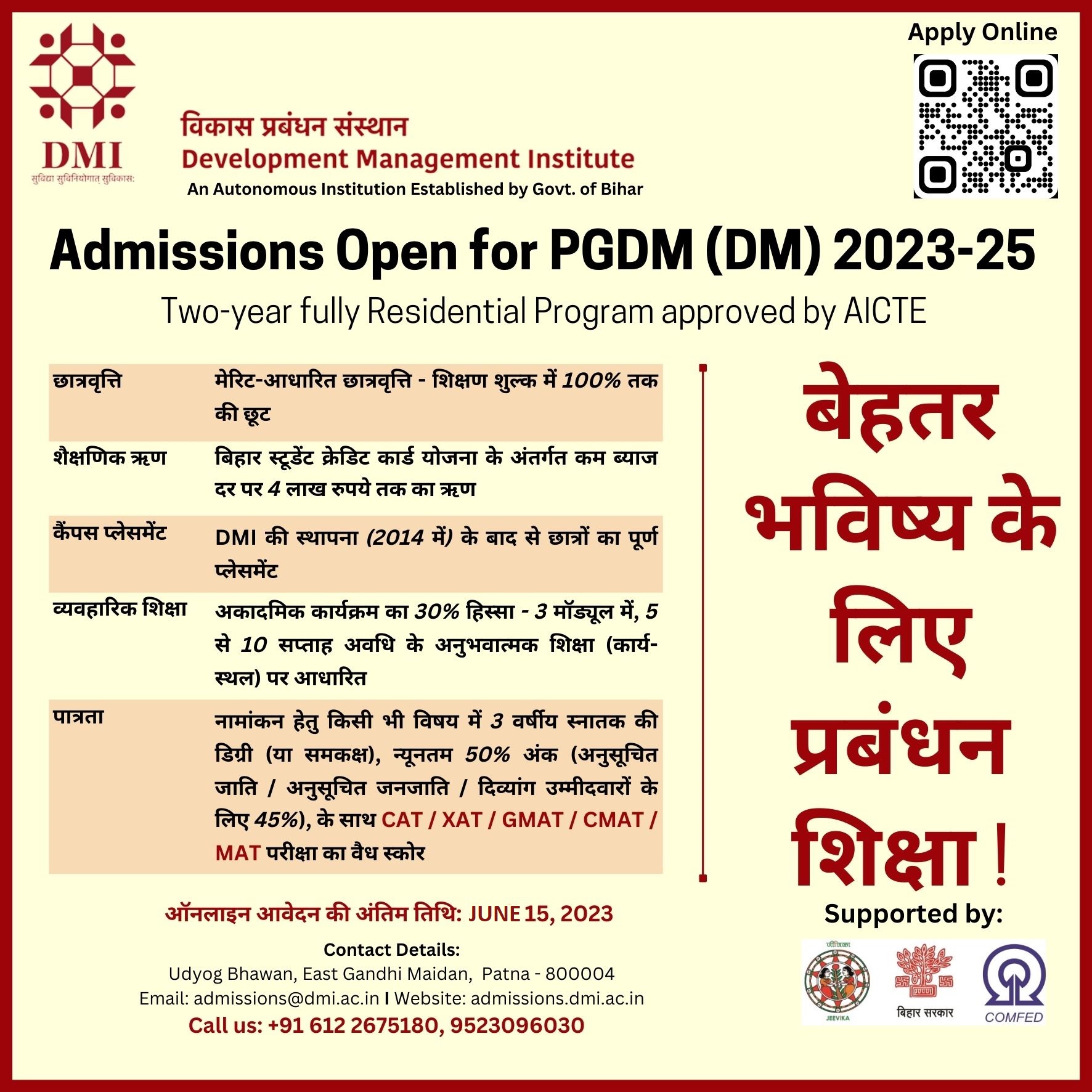In today’s rapidly evolving world, change has become a constant, and its pace is now unprecedented. This acceleration of change has made obsolescence an unavoidable reality, particularly for professionals who must adapt to stay relevant in their fields. For those in the midst of their careers, ongoing education is no longer optional; it is a necessity to maintain a competitive edge. This holds especially true in the field of management, and even more so in development management, where advancements in technology, shifts in public policy, and changing market dynamics continuously reshape the landscape.
For mid-career professionals, Management Development Programmes (MDPs) are particularly relevant as they often face the challenge of transitioning into senior leadership roles, adapting to new technological demands, or navigating complex organisational changes. Through continued education, they are equipped with the tools, frameworks, and confidence necessary to address these challenges effectively and continue advancing in their careers.
MDPs at DMI are an invaluable tool for facilitating this ongoing professional growth. Unlike traditional academic courses that focus primarily on theoretical concepts, MDPs emphasise the practical application of knowledge, offering participants the opportunity to acquire skills that can be immediately integrated into their managerial roles. These programmes foster an environment conducive to peer learning, enabling participants to refresh their existing skills, explore new management strategies, and gain fresh perspectives on leadership challenges.
DMI offers MDPs in Two Formats:
1. Open Enrolment-Based Programmes: Available for individuals or groups to register based on interest areas and programmes on offer by the Institute.
2. Customised Programmes: Designed to meet the specific training and capacity-building needs of organisations and their personnel.
Learning Approach and Pedagogy
MDPs at DMI emphasise outcome-based learning, aiming to build and upskill/reskill functional competencies and enhance the self-efficacy of development practitioners. The training methodology is interactive and participatory, encouraging deep engagement among faculty and participants.
Key Features of the Pedagogy
- Self-inquiry and reflective practices
- Constructivist thinking to develop integrated perspectives
- Active collaboration and experiential learning.
The programmes are open to a wide range of participants
- Officials of national and international development organisations
- Official from corporates with rural interest
- Officials from state and central government departments
- Officials from government-supported agencies, such as special-purpose vehicles.







